
DTE - Code : 465
APPLY NOWNotification |
Kammavari Sangham (R) 1952, K. S. Group of Institutions
K. S. POLYTECHNIC
No.15, Mallasandra, Off. Kanakapura Road, Bengaluru-560109, +919606064189
Approved by AICTE, New-Delhi and Recognized by DTE, Govt. of Karnataka
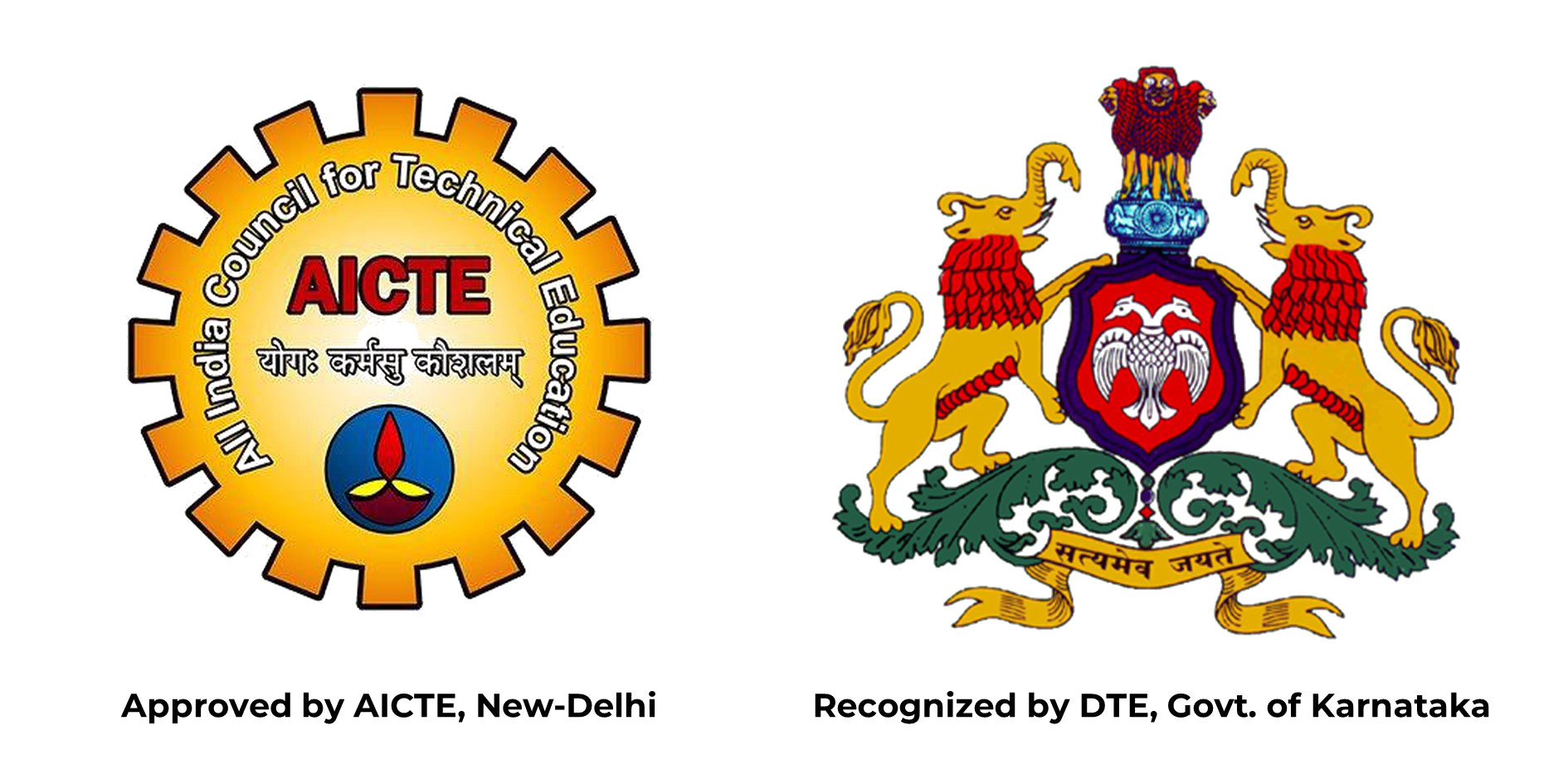
The Basic Science department at KS Polytechnic allows students to explore their world and discover new things in the field of technology. It is also an active department, containing various research activities with hands-on labs and experiments and many more. This makes the basic science department well-suited to excel the future of young budding engineers.
The Department of Basic Sciences being the foundation of engineering plays a vital role in strengthening the very first understanding of the engineering profession that binds subjects of universal application such as English, Mathematics, Physics, Chemistry, and Environmental Sciences.
The Department of Basic Sciences at K S Polytechnic nurtures the students to get tuned to the specialized engineering domains. In addition, the department coordinates a smoother transition of our novice engineering aspirants from the academic setting they experienced at 10th level to the study ambience they will encounter in their Diploma Engineering courses.
Extracting and disseminating vital information forms the essential tenet of engineering education which the department ensures by taking special care for improving communication skills in the English language. The department currently comprises well qualified faculty members, organized into 4 units along broad disciplinary lines - applied science, communication skills, Engineering Mathematics and Environmental Sciences.
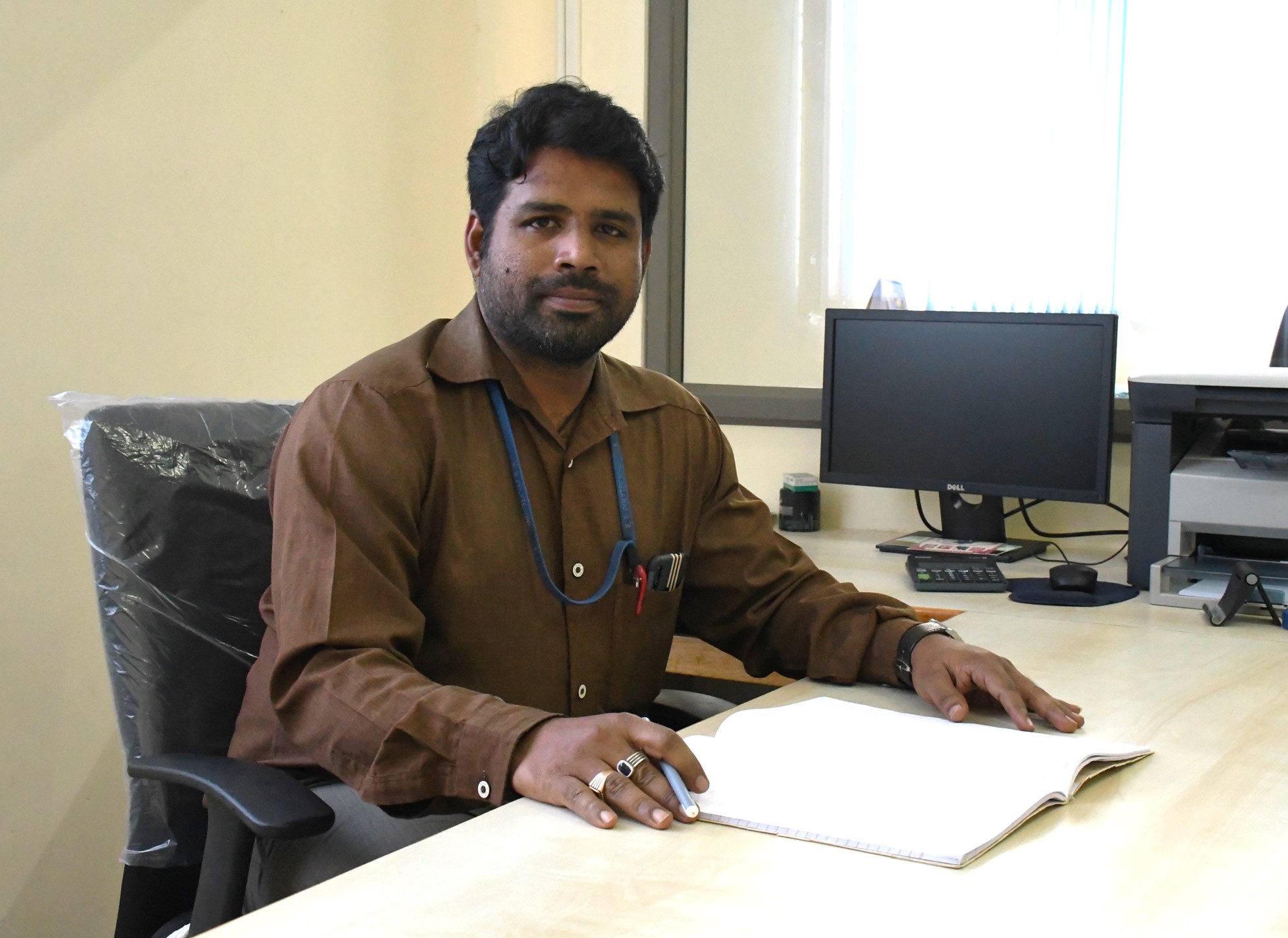
I am ecstatic in welcoming you to the Basic Science Department that deals with an inevitable role in building engineers, which is the fundamental of all Engineering subjects.
The department of BS has rich curriculum and allied activities to provide a comprehensive education for diploma engineers. It prepares them to be technically well off, to be critical thinkers, productive citizens, and leaders in a wide range of careers.
Our department has well qualified, talented and dedicated faculty members. The faculty members of the BS Dept. always endeavoured to provide the best in terms of knowledge and skill. The subjects taught by the teachers of this department are of prime importance for holistic development of students. It becomes a privilege for me to be the Head of this illustrious Department with a galaxy of highly motivated and dedicated teachers, who are all prepared to go for the extra mile. I would conclude with a message to prospective diploma engineers to put in their best to make their dreams come true.
"It's not what you achieve, it's what you overcome. That's what defines your career." - Carlton Fisk
CiE-1(Written Test-1) [download here]
COE [download here]
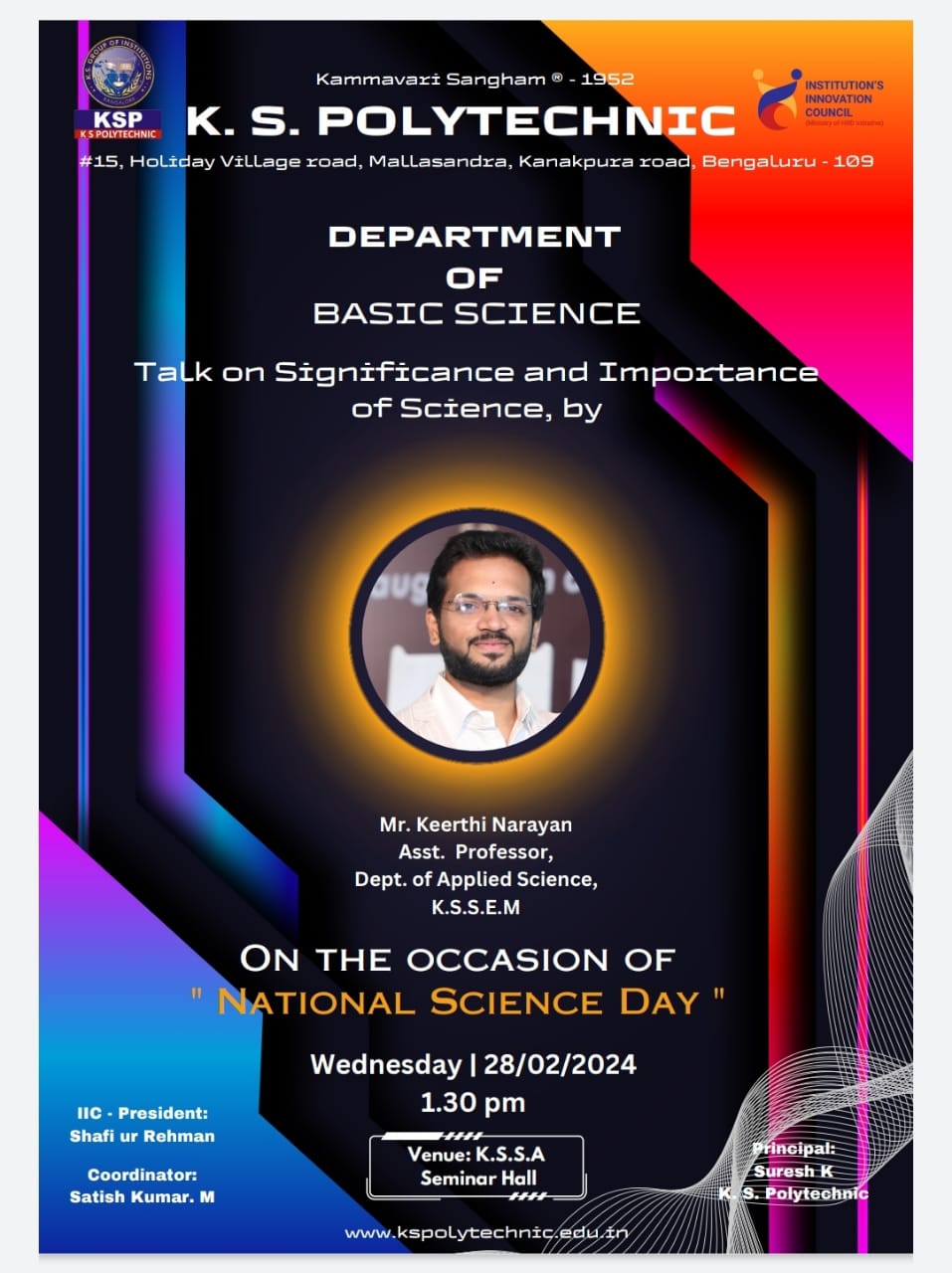
"Celebration of National Science Day at KS Polytechnic! The National Science Day celebration in association with Institution?s Innovation Council (IIC) of KS Polytechnic was a celebration of intellect, curiosity, and the potential of scientific exploration. Our Principal Prof. Suresh K emphasised on the importance of celebrating national science day emphasising on Sir C.V. Raman's ground breaking discovery, the Raman Effect, which won him the Nobel Prize in Physics Mr. Keerthi Narayan, Asst. Prof. at Basic Science Department of KSSEM delivered enlightening talk providing valuable perspectives and inspired the students to delve deeper into the world of science. Let's continue to foster a love for science and innovation, ensuring that the flame of curiosity burns bright in the hearts of everybody. We extend our gratitude to the management, Principal, Staff & students who contributed to the success of this event, making it a memorable and enriching experience for all."
2024-02-28
View more
Mathematics is the basic tool of engineering which is the QUEEN of all sciences. Department of Mathematics came into existence with the establishment of the institution KSSEM in the year 1999. Mathematics is taught to engineering students for first four semesters. The basic aim of the department is in pursuit of academic excellence and better understanding of Mathematical skills from fundamental level to its applications which is essential to every engineer.
The department has five well qualified, experienced and dedicated faculty members with one professor and four Assistant Professors Faculty members are also actively involved in research. The faculty members together have published more than 25 research articles in national and international journals and 51 in national and international conferences. Faculty members constantly enrich their knowledge by innovative teaching methods, research and participating actively in seminars, conferences and workshops at national and international level. The faculty of Mathematics department actively participate both in curricular and co curricular activities of the college.
Department has brought out student resources to motivate and help students in academics. The student resource material consists of thoroughly prepared Notes, Question Bank and Assignments which are distributed to them. Special classes are conducted for Diploma Students from lateral entry and slow learners. The graph of Mathematics result is always on the upper trend from 90 to 100 %.

Mathematics, the study of quantity, structure, space and change, is used as an essential tool in natural sciences, engineering, medicine and the social science. Mathematics being the backbone of engineering, the department provides excellent support to all the engineering departments. The Department teaches courses on mathematics to Undergraduate and Postgraduate students. The department has well experienced teachers. The faculties in the department understands and are extremely helpful to the students in all their endeavors and make sure they receive excellent care and immense motivation.
Every year department releases its newsletter Highlighting academic, Co-curricular activities of staff and students. Various workshops on programming skills, carrier guidance, cloud, Big Data Analytics, Artificial Intelligence, IoT and Networks remain active throughout the year to enhance the skills of staff and students. Our department has several MOU with industries, R&D and training centers to give guidance, assistance and internships facilities for UG and PG students as well as collaborative research for PhD students.
SEMESTER I
Course Name : Engineering Mathemaics -I
Engineering Mathemaics - II
Engineering Mathemaics - III
Engineering Mathemaics - IV
Course Code: 18MAT11
SEMESTER II
Course Name: Engineering maths - II
Course Code: 18MAT21
SEMESTER III
Course Name: Engineering Mathematics - III
Course Code; 18MAT31
SEMESTER IV
Course Name :Engineering Mathematics ? IV
Course Code:18MAT41
Engineering physics is a common subject in the first year for all branches of engineering under Visvesvaraya Technological University. Department has very good infrastructure, well equipped and spacious laboratory. The department teaches Engineering Physics theory as well as laboratory experiments for all the Engineering branches. Faculties are well qualified, experienced and highly motivated and also involved in interdisciplinary research activities. The Physics Department has enthusiastic and academically experienced teaching and technical staff. Currently, the Department has one doctorate holder and the other faculty members have registered for their Ph.D. programme. The Faculties are actively involved in research activities in the areas of Photophysics, Material Science, Spectroscopy, NMR and IR Spectroscopy and Nanotechnology.
The Department aims in equipping the future engineers with various aspects of Physics. The Engineering Physics Lab is well furnished with the latest equipment?s and all the necessary facilities. The Department also encourage Research activities for both students and faculty members to pursue experimental researches?in the field of engineering.

Head, Department of Physics has 11-year of teaching experience. Professor Sunil Kumar.N has obtained Master's Degree from Bangalore University, Bangalore and registered for Doctoral degree under Visvesvaraya Technological University, Belagavi. Area of research is Photophysics and Molecular Spectroscopy.
FIRST YEAR(PHYSICS CYCLE)
SEMESTER I&II
Course Name: ENGINEERING PHYSICS
Course Code: 18PHY12, 18PHY22
The Department of Chemistry continued its contribution to teaching and research to instil in our students, a sense of independence to acquire knowledge through curriculum and at the same time acquire sufficient awareness and exposure to support the curriculum. The faculty explicitly tried hard to motivate students towards attending seminars and conferences, so as to exhibit their developed models, present their creative ideas and innovative concepts in various fields of thrust interest to society.

Department of Chemistry has been teaching Engineering Chemistry at the first year level for all branches of Engineering. The faculties in my department are extremely helpful to the students in all their endeavors and make sure they receive excellent care and immense motivation. The research areas of interest are Nano materials, Electrochemistry, Application of nanoparticles and its composites in sensors, Preparation and characterization of metal oxides, Detection of neurotransmitters in biological systems, Kinetic study of important biological compounds using spectroscopic and Electrochemical techniques and Electrochemical treatment of effluents, containing various hazardous colorants and heavy metals.
FIRST YEAR(CHEMISTRY CYCLE)
SEMESTER I&II
Course Name: ENGINEERING CHEMISTRY
Course Code :18CHE12,18CHE22
Course Outcome
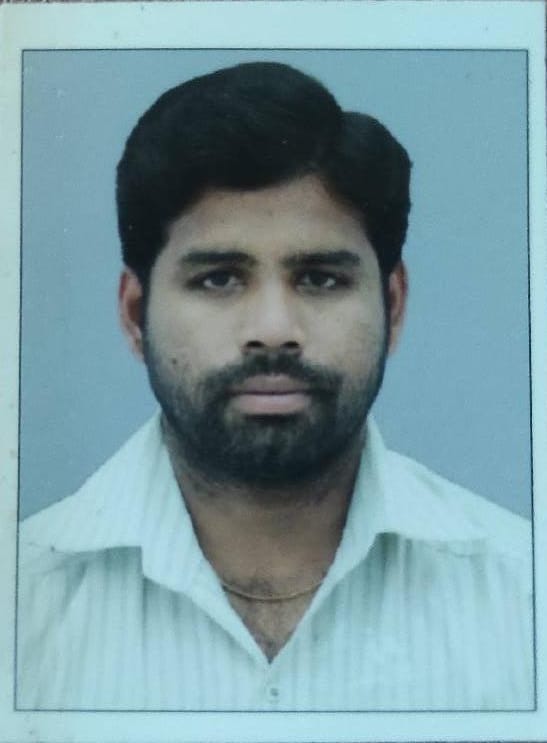
Mr. Satish Kumar M
HOD
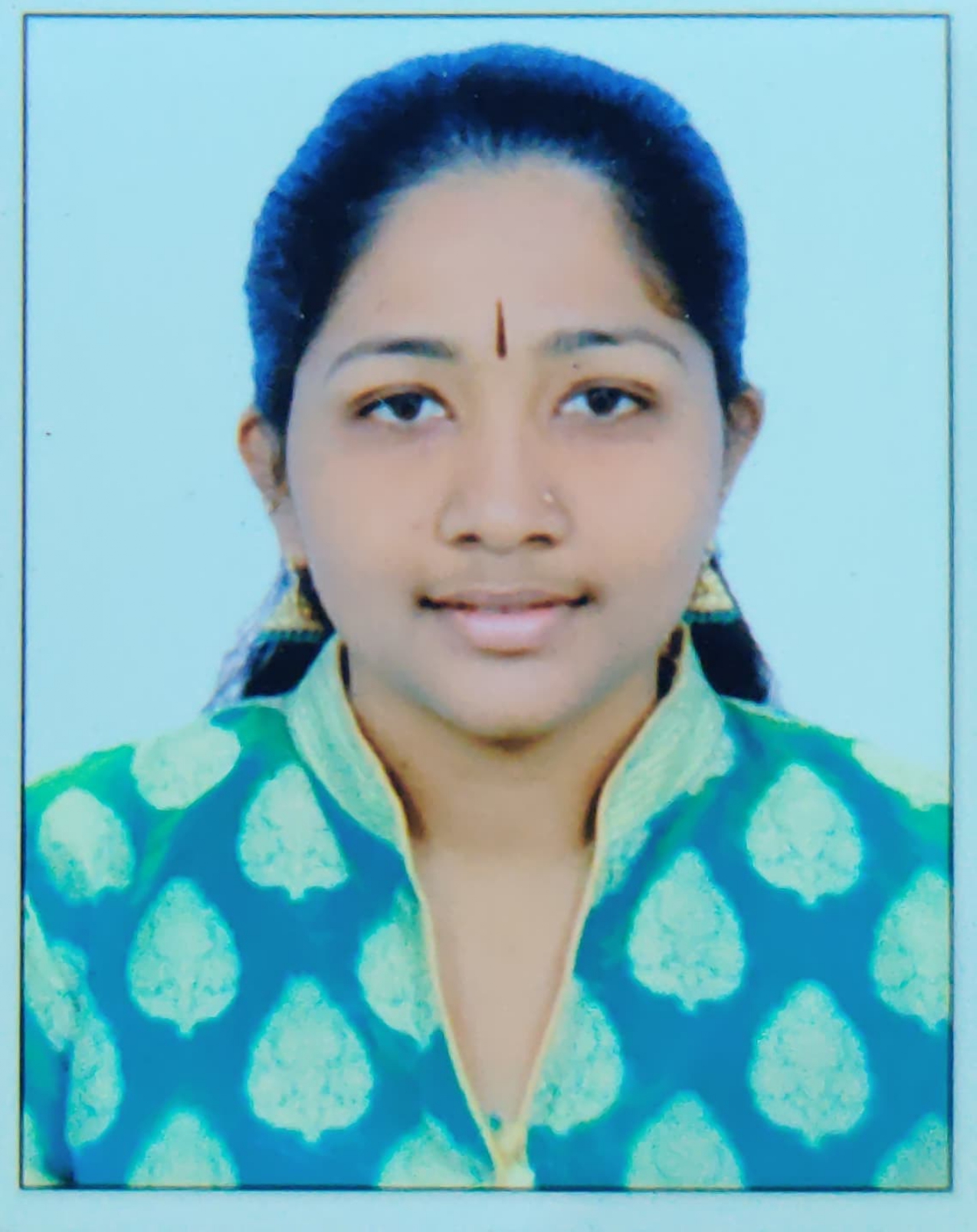
Mrs. Shambhavi B
Lecturer
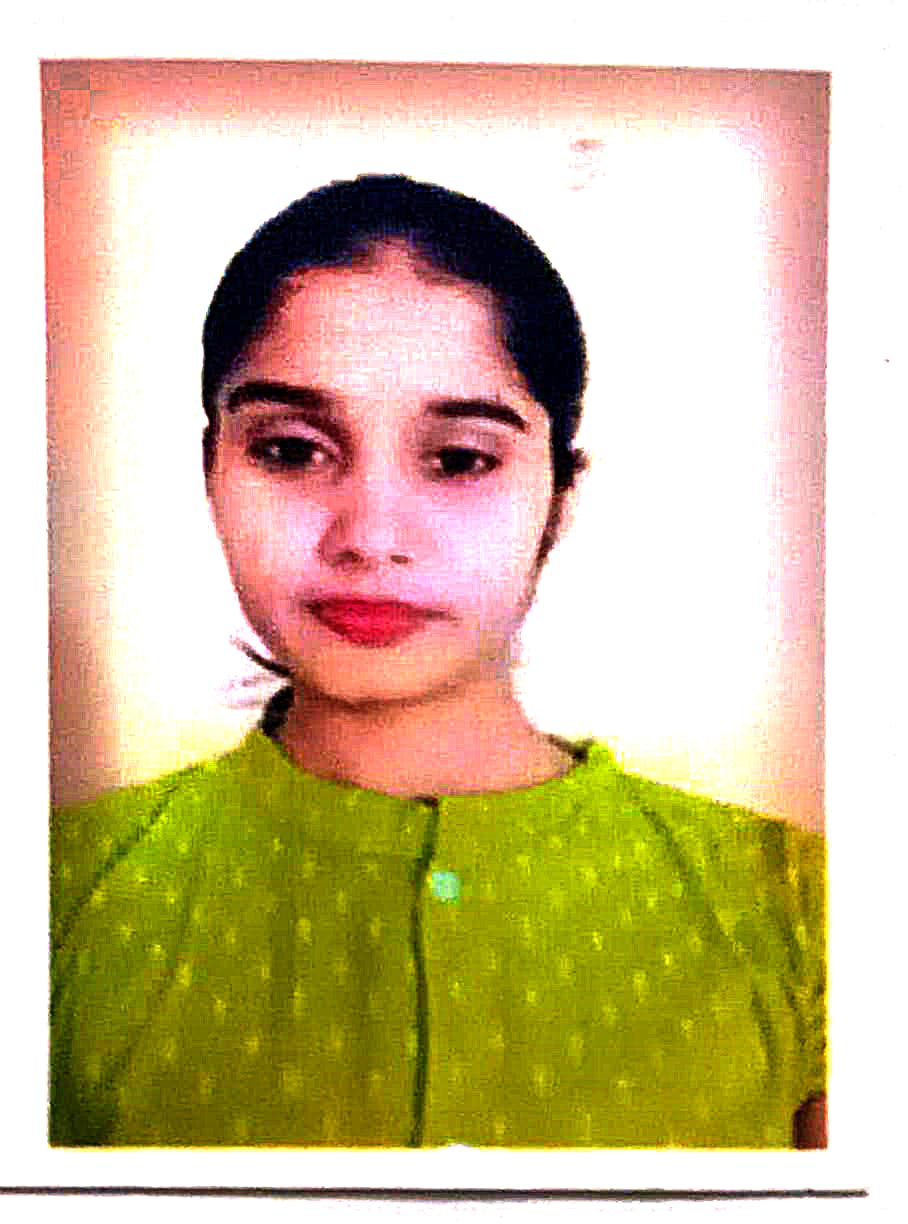
Ms.Sahana
Lecturer
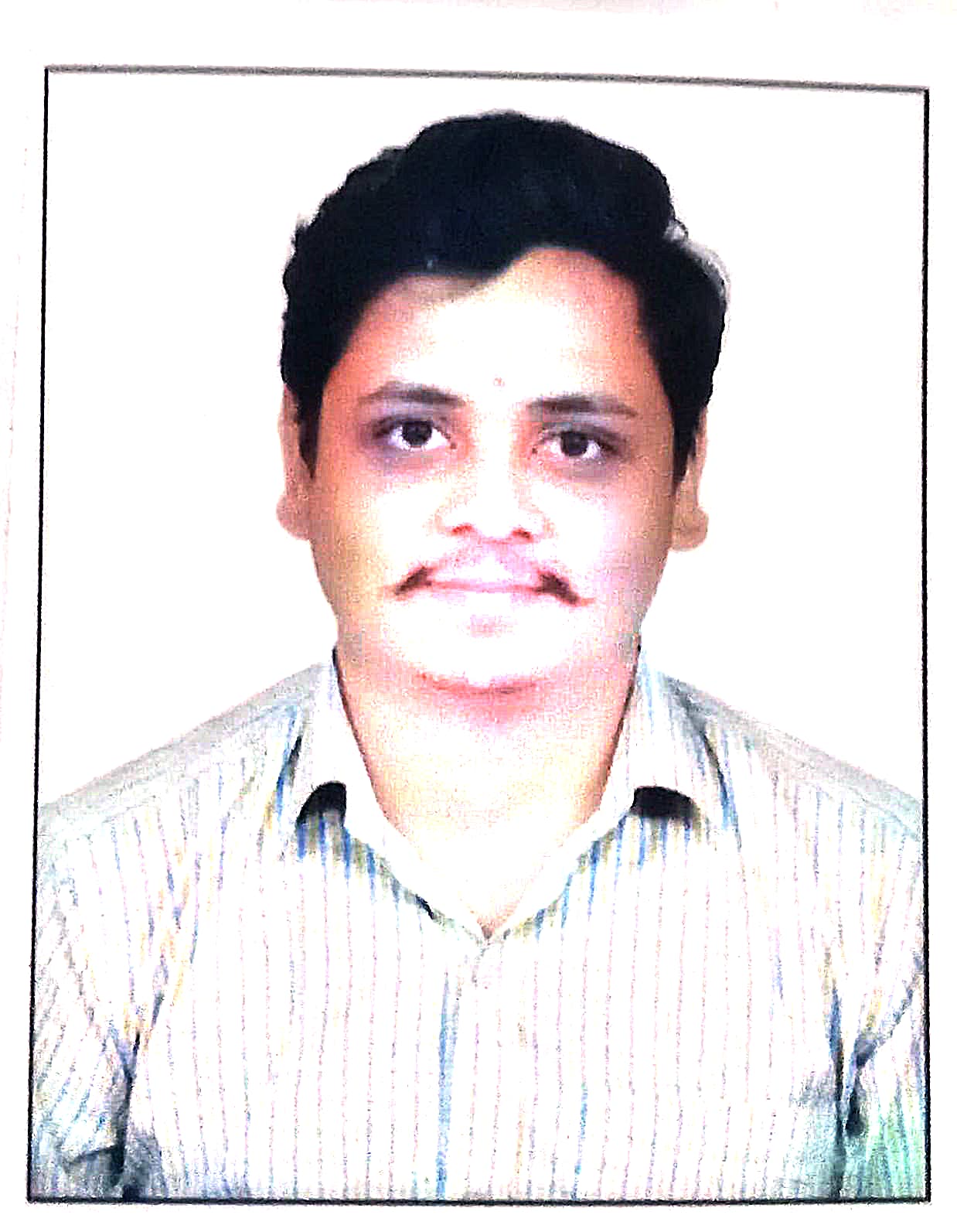
Mr.Dhanwin D Joshi
Lecturer
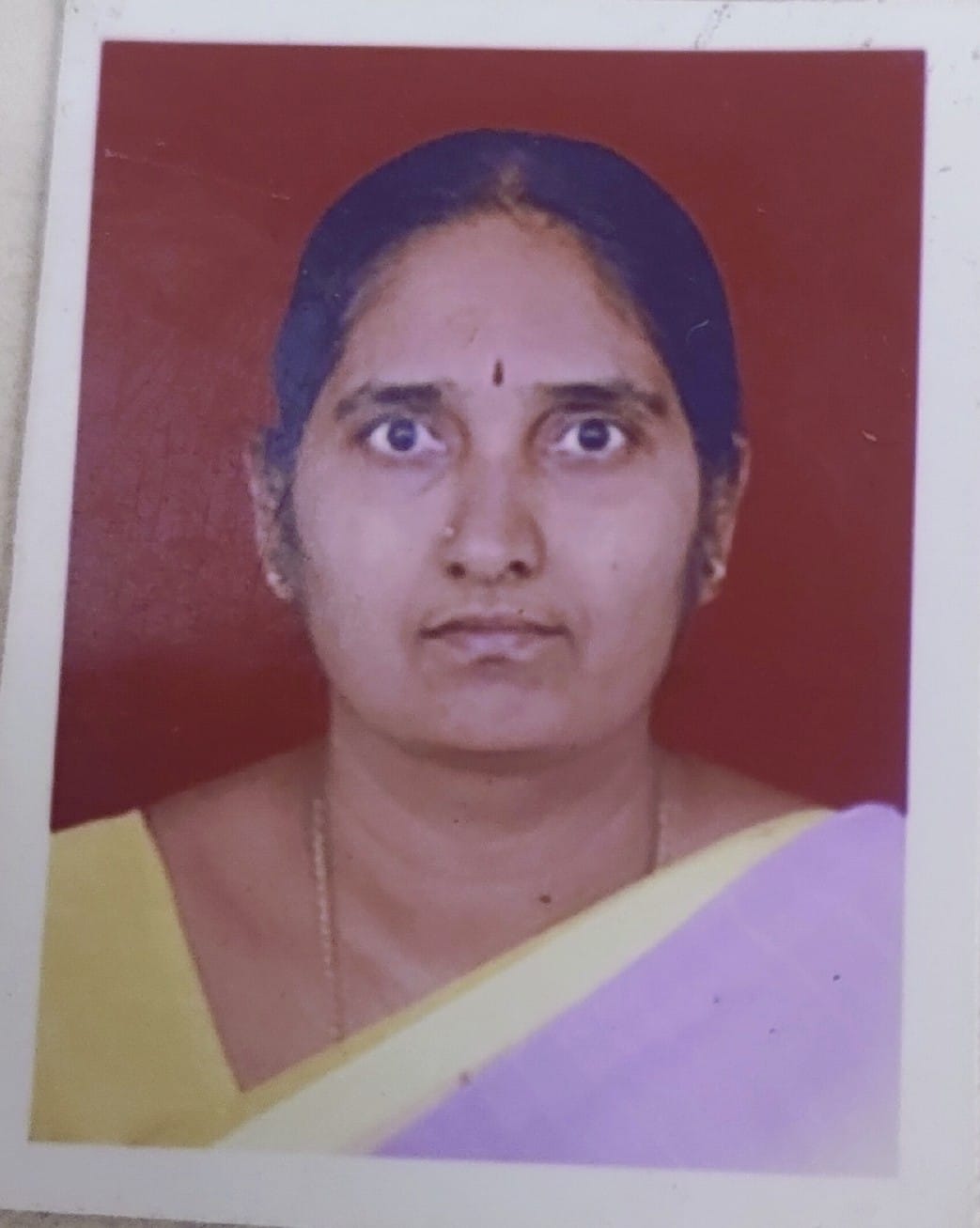
Mrs. Dhanamma
Attender
Lorem ipsum dolor sit amet, consectetur adipiscing elit. Fusce semper, magna a ultricies volutpat, mi eros viverra massa, vitae consequat nisi justo in tortor. Proin accumsan felis ac felis dapibus, non iaculis mi varius.
Lorem ipsum dolor sit amet, consectetur adipiscing elit. Fusce semper, magna a ultricies volutpat, mi eros viverra massa, vitae consequat nisi justo in tortor. Proin accumsan felis ac felis dapibus, non iaculis mi varius.